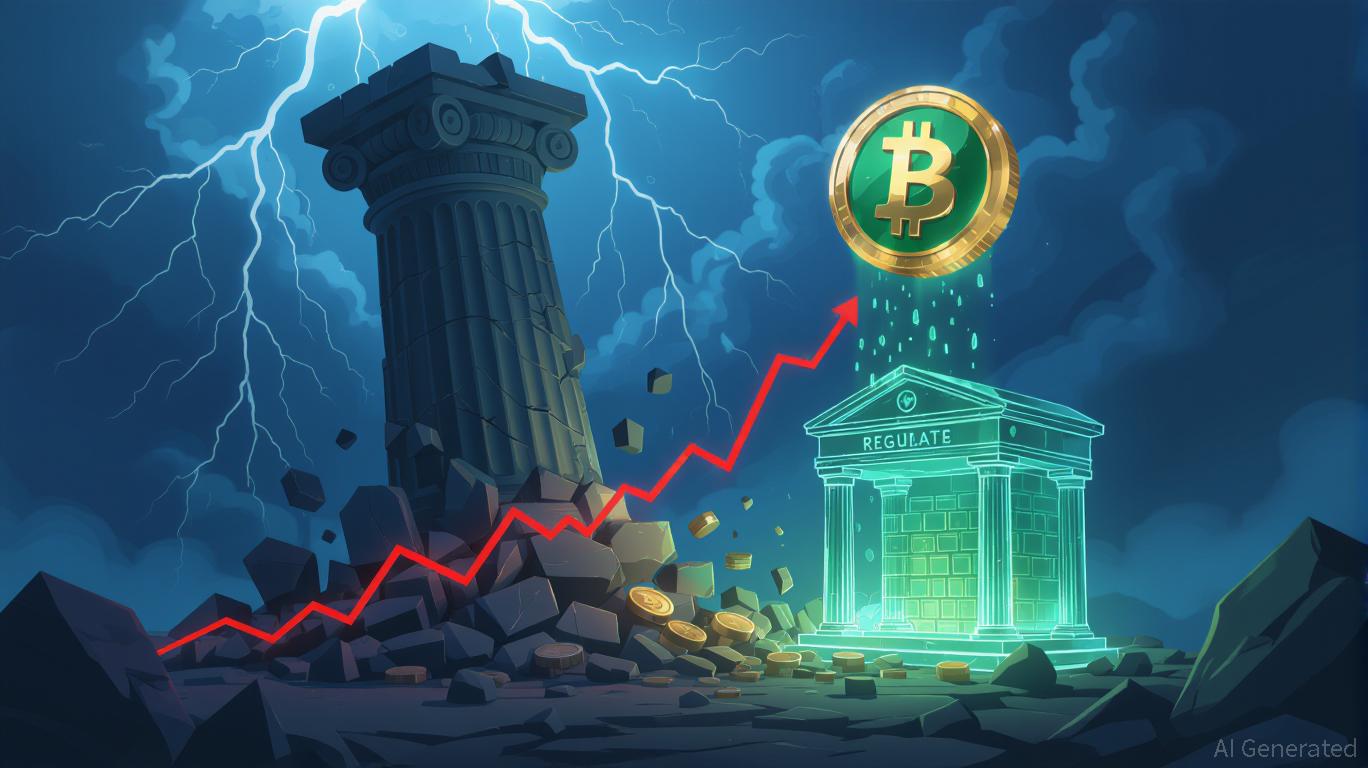Velora and Polygon Portal Unite for Secure and Scalable DeFi Trading
Velora, a cross-chain decentralized exchange platform, has announced its strategic partnership with Polygon Portal, a platform for users, developers, and validators to manage assets. Polygon Portal is a strong infrastructure tool developed by Polygon Labs. The purpose behind this partnership is to ensure the fast, secure, and gasless cross-chain decentralized finance (DeFi) trading across the world.
🚀 @VeloraDEX has integrated @0xPolygon Portal to offer native, trustless crosschain access to the Polygon PoS, zkEVM, and LxLy networks.#Velora’s integration with Polygon Portal brings faster, safer, and gasless crosschain trading and DeFi execution, expanding Velora’s…
— 🟣 𝐏𝐨𝐥𝐲𝐠𝐨𝐧 𝐒𝐩𝐚𝐜𝐞 🟣 (@Polygon_Space1) October 23, 2025
In this partnership, Polygon Portal is offering multiple networks that will work for the welfare of users and developers all around the world. At the same time, Velora DEX will leverage to make cross-chain access possible by Polygon Portal networks. Polygon Space has released this news through its official X account.
Velora Embraces Polygon PoS, zkEVM, and LxLy Networks
The integration of Velora DEX and Polygon Portal is to boost the existing level of users and developers worldwide. Polygon Portal’s Networks such as: Polygon PoS (Proof of Stake), Polygon zkEVM, Polygon LxLy. These networks will help users to make trustless cross-chain access to DeFi trading. One of the best networks of Polygon Portal is “Polygon PoS (Proof of Stake)”, which provides a high-speed network with a low-cost network to all users of this world.
On the other hand, the next network is offering Ethereum compatibility-based modified security and efficiency with its zero-knowledge scaling solution. That’s name is “Polygon zkEVM”. Last but not least, “Polygon LxLy” helps connect all Polygon-based chains for a unified experience with unified liquidity.
Velora DEX and Polygon Portal Driving for Enhanced Protection
The core purpose of Velora DEX and Polygon Portal is to provide maximum facilities to their users in terms of security and scalability with proven services. The prominent features of this partnership, like faster transactions, trustless with security, and gasless trading options, play a significant role in engaging a huge number of users from around the world.
This collaboration will change the history of DeFi trading within the ecosystem by improving multiple features with the addition of some new features to secure users. This security system will protect users, developers, and validators from any attack.
Disclaimer: The content of this article solely reflects the author's opinion and does not represent the platform in any capacity. This article is not intended to serve as a reference for making investment decisions.
You may also like
The PENGU USDT Sell Alert: Is This a Turning Point for Stablecoin Approaches?
- PENGU/USDT's 2025 collapse triggered a $128M liquidity shortfall, exposing algorithmic stablecoin fragility and accelerating market shift to regulated alternatives. - USDC's market cap surged to $77.6B by 2025, while MiCA-compliant euro-stablecoins gained $680M in cross-border adoption amid regulatory clarity. - DeFi protocols adopted oracle validation and reserve-backed models post-PENGU, reducing exploit losses by 90% since 2020 through institutional-grade security upgrades. - Regulators now prioritize

Emerging Prospects in EdTech and AI-Powered Learning Systems: Ways Educational Institutions Are Transforming Programs and Enhancing Student Achievement
- AI is transforming education by reshaping curricula, enhancing student engagement, and optimizing institutional efficiency. - Universities like Florida and ASU integrate AI literacy across disciplines, offering microcredentials and fostering innovation. - AI tools like Georgia Tech’s Jill Watson and Sydney’s Smart Sparrow boost performance and engagement through personalized learning. - AI streamlines administrative tasks but faces challenges like ethical misuse and skill gaps, requiring structured train

Anthropological Perspectives on Technology and Their Impact on Education and Workforce Preparedness for the Future
- Interdisciplinary STEM/STEAM education integrates technology tools like AI and VR to bridge theory and real-world skills, driven by $163B global edtech growth. - U.S. faces 411,500 STEM teacher shortages and 28% female workforce representation gaps, prompting equity-focused programs like Girls Who Code. - STEM occupations earn $103K median wages (vs. $48K non-STEM), with 10.4% job growth projected through 2033, driving investor opportunities in edtech and workforce alignment. - Strategic investments in t

The Revival of Educational Technology in Higher Education After the Pandemic
- Global EdTech market grows to $7.3T by 2025, driven by hybrid learning and AI/AR/VR adoption in higher education. - Institutions like MIT and Harvard integrate AI across disciplines, boosting enrollment and workforce alignment through $350M-$500M investments. - EdTech platforms enabling personalized learning and immersive experiences see rising demand, with 45% annual growth in AI-related programs since 2020. - Undervalued EdTech stocks offer investment opportunities as $16B+ VC funding accelerates innov

